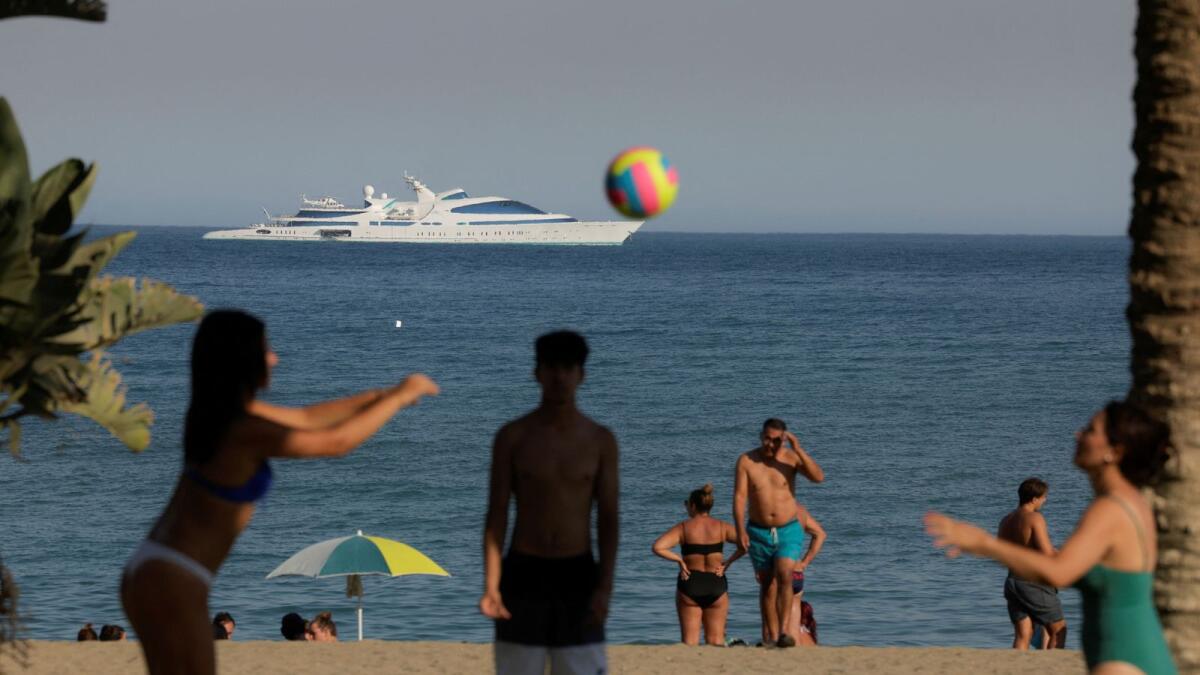Package holidays in Europe have seen a resurgence in popularity as sun seekers are turning to all-inclusive deals due to soaring hotel and flight prices. The appeal of fixed-price packages without unexpected add-on costs and easier redress when things go wrong has contributed to this trend. After years of travellers using the internet to plan their own itineraries, there has been a shift towards purchasing ready-made packages, especially during the busiest travel season since the pandemic. The appeal of package holidays has increased since Covid, with spending expected to reach $117 billion this year and hit $125.9 billion next year.
The resurgence of package holidays has helped boost the balance sheets of travel companies, with Europe’s biggest tour operator, TUI, reporting quarterly results that beat expectations. The fixed upfront costs and value for money of package holidays are appealing, particularly during times of peak inflation. While consumers benefit from negotiating deals with hotels, transport companies, and other players to drive down costs, the market research company Euromonitor predicts that package prices will continue to rise, with a compound annual growth rate of 3.5% expected between 2024 and 2029.
Despite concerns about a post-pandemic upsurge faltering in the travel industry, the demand for holiday packages remains strong as airfares in Europe and North America have risen sharply. Major carriers have reported tougher market conditions, with some, like Lufthansa, warning of a fall in earnings. However, companies like easyJet have raised their outlook for package holiday business, with booking numbers increasing for companies like Jet2. Popular destinations for these packages include Croatia, Cyprus, Greece, Italy, Malta, Portugal, mainland Spain, the Balearic Islands, the Canaries, and Turkey.
For many travellers, the choice to book a package holiday is based on price, amenities at the hotel, and convenience. Package tours are particularly popular among lower-to-middle income holidaymakers looking for all-inclusive options and family-friendly activities. Countries like Greece, Italy, and Spain are top destinations for package holidays, and ready-made holidays account for about half of packages booked over the last year. While baby boomers have traditionally favored package deals, younger travellers are also embracing them, attracted by more flexible options compared to the past.
To cater to younger tastes, travel companies like TUI are offering more flexibility in their packages, such as allowing customers to book with another airline or adjust the timing of their trip. The trend towards more flexible packages is evident, with an increasing number of customers opting for these options. Despite misconceptions about package holidays being inflexible, they are becoming more adaptable to meet the needs of a diverse range of travellers. Ultimately, the main draws of package holidays remain convenience and affordability, appealing to families and budget-conscious travelers alike.










